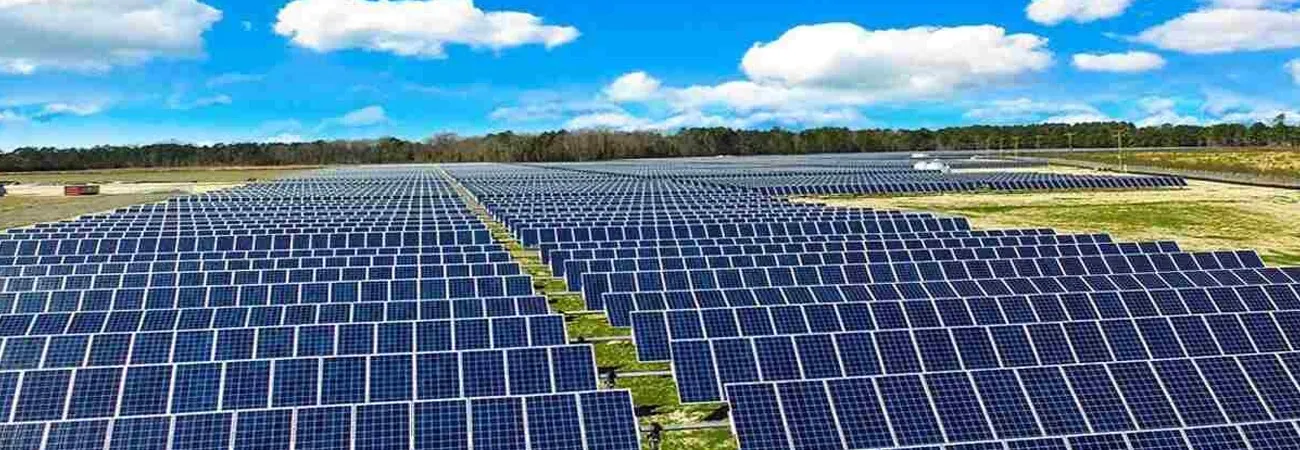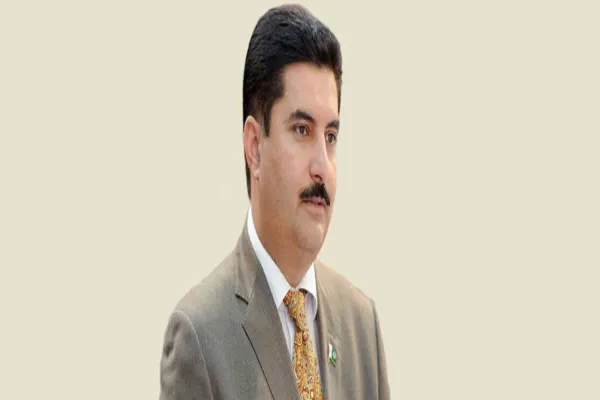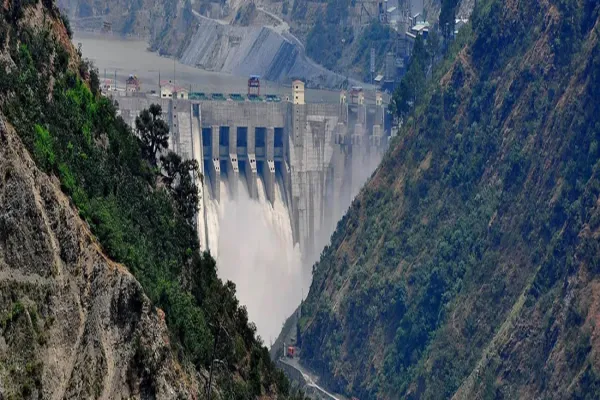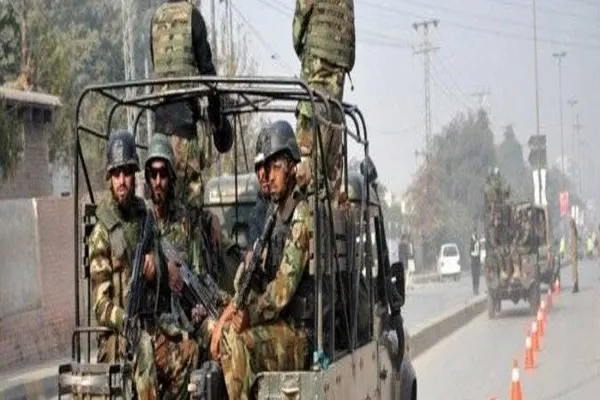i NEWS PAKISTAN
Experts call for empowering underserved communities with expanding energy access through decentralized renewable energy solutions particularly solar mini/microgrids to address energy poverty and promote energy equity for equitable energy transition, reports WealthPK. Sindh remains Pakistan’s most energy-deprived province, with millions still lacking access to electricity. Addressing this critical challenge, the Civil Society Support Program (CSSP) convened a high-level panel discussion at the 7th International Conference on Renewable Energy at Mehran University of Engineering & Technology (MUET).
The session, titled "Solar Minigrids for Just Energy Transition – Accelerating Renewable Energy Access in Off-Grid Sindh," brought together energy experts, policymakers, researchers, and civil society representatives to explore decentralized solar solutions as a viable pathway to universal energy access, climate resilience, and economic upliftment. The discussion underscored the urgent need for policy reforms, sustainable financing, and community-driven implementation models to accelerate Sindh’s transition towards decentralized renewable energy.
Experts highlighted regulatory barriers, financing gaps, and socio-economic challenges hampering minigrid adoption and called for coordinated action from government, financial institutions, and civil society. Majid Bilal Khan, Program Manager at Indus Consortium, emphasized that despite a 40% drop in solar panel prices over the past decade, lack of financing remains a critical bottleneck. He urged financial institutions to introduce tax incentives, low-interest loans, and risk guarantees to enable minigrid deployment.
"The private sector is willing to invest in solar minigrids, but without accessible financing, scaling up remains difficult. Pakistan must tap into global climate finance mechanisms such as the Green Climate Fund (GCF) and the World Bank’s Energy Access Program to bridge this gap," he asserted. Dr. Hassan Khan, Associate Professor at LUMS showcased an IoT-based solar minigrid model, illustrating its potential for real-time monitoring, predictive maintenance, and optimized energy distribution.
However, he warned that technological solutions alone are not enough. "Successful minigrids must align with the socio-economic realities of their target communities. Without local engagement, even the most advanced technology will fail to achieve widespread adoption," he noted. He called for university-CSO collaboration to drive grassroots awareness and foster technology acceptance. Ayaz Hussain, Director of the Climate Action Centre (CAC Karachi) addressed public perceptions of renewable energy in low-income communities, revealing that energy affordability, reliability, and trust in technology remain major concerns.
He introduced CAC’s Green Energy Campaign, which aims to mainstream solar solutions in Karachi’s peripheral settlements. We need storytelling and community-driven advocacy to change the narrative around clean energy. Minigrids are not just about electricity—they are about economic empowerment, job creation, and resilience to climate change," he stated. Ashok Suthar, a development professional at CSSP, highlighted the Just Energy Transition (JET) Initiative in Sindh, advocating for community-owned solar projects to ensure equitable access to clean energy.
He further stressed that centralized power models have historically failed rural communities, making decentralized solutions crucial. "True energy justice means putting power in the hands of the people—not just in a technical sense but through community participation, shared ownership, and inclusive governance models," he explained. Shafqat Hussain Memon, an academic researcher at MUET, presented data from Pakistan’s Energy Access Survey by World Bank, revealing that 80% of households have Tier 2 or lower access, with 7.3% in rural areas at Tier 0.
He cited from the World Bank’s Mini Grid Portfolio Assessment Study findings, that mini-grids can serve 20% of new connections, but grid densification (53% for <500m) and extension (25% for >500m, 9.3M households) remain the most cost-effective solutions, while standalone systems (2.5%) are viable for sparse, remote populations. He stressed for data-driven electrification and prioritizing these least-cost pathways, to address energy poverty and promote energy equity to meet SDG 7 targets by 2030.
He identified regulatory bottlenecks, high upfront costs, poor maintenance, weak socio-economic systems, financing gaps, socio-political barriers, and rising equipment theft as key hurdles to minigrid expansion, while calling for policy reforms, innovative financing schemes, streamlined regulations, and community-driven models for people centric energy transition. He also suggested DC microgrids as a scalable, cost-effective solution for rural electrification, emphasizing their viability amid advanced technologies and declining solar-storage costs.
Dr. Faheemullah Shaikh, Associate Professor at MUET, pointed out the role of techno-economic feasibility studies and socio-economic assessments in ensuring the mass adoption of solar minigrids. He recommended piloting diverse minigrid models tailored to Sindh’s varied demographic and geographic profiles. He cautioned against low-quality imports and underscored the importance of durable, high-efficiency solar equipment to ensure long-term sustainability.
Engr. Mehfooz Ahmed Qazi, from the Sindh Energy Department, highlighted major green energy initiatives, focusing on the ongoing Solar Home System (SHS) project. Emphasizing the government's efforts to create a supportive framework for renewable energy growth, he underscored the role of public-private partnerships in driving expansion. Reaffirming the commitment to inclusive energy access, he announced plans for innovative models catering to diverse socio-economic groups, with significant funding allocated for pilot projects and an ambitious roadmap for scaling up solar minigrid deployment in 2025.
The session concluded with remarks from Prof. Emeritus Mohammad Aslam Uqaili (Former Vice Chancellor, MUET) who endorsed the panel's recommendations, calling for immediate pilot projects to refine scalable solar minigrid models. He emphasized the government must show strong resolve and commitment to last-mile electrification for equitable energy future. He concluded that with robust policy and regulatory support, innovative financing schemes, and community-driven models, Sindh can lead Pakistan’s transition to a sustainable equitable green energy future.
Credit: Independent News Pakistan (INP)









